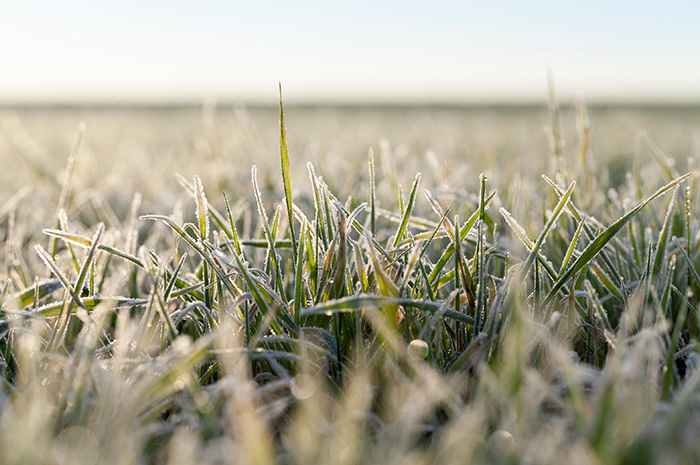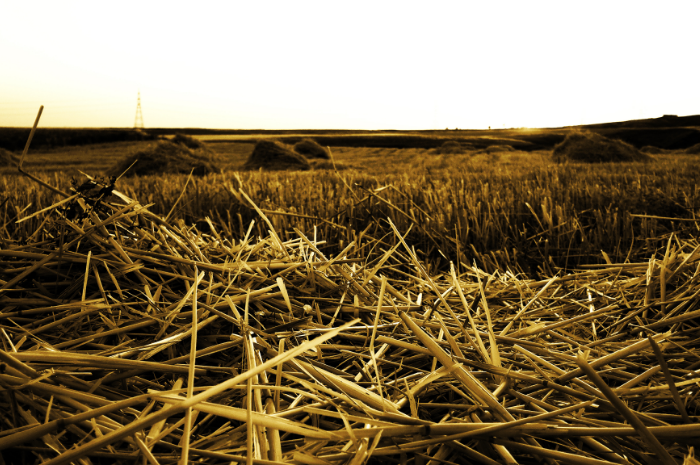
Farmers are the original conservationists. If anyone has a vested interest in preserving their land and fresh water, it’s a farmer. After all, where would you be without healthy soil and clean water?
For some farmers, they’re finding that sustainable farming methods are worth exploring. If they end up helping you strike that perfect balance of saving money on inputs while conserving or even enriching your resources, it’s a win.
But sustainable ag requires a thoughtful approach. No two operations are alike, so the thing that works at the place down the road may not be a great fit for your farm. And you may feel like there’s less room in your budget to experiment. A five-year track record of low commodity prices, wet weather and the trade dispute with China are just a few of the pressures you’re facing.
Renewable energy
Pros: Energy savings from solar or wind alone can bring a meaningful cost reduction to some operations. Tax credits, along with programs offered by the USDA’s Rural Energy for America Program (REAP), may help make loans more affordable.
Cons: Neither wind nor solar can provide a constant source of energy year round. Wind turbines can produce more energy, but they require more maintenance than solar.
Cover crops
Pros: Those who have tried and succeeded at cover crops are quick to evangelize the many benefits. When empty fields are planted with inexpensive seed such as cereal rye, it offers winter protection for your soil, retaining moisture, reducing erosion and boosting the nutrition profile of your soil. Farmers also tout savings in fertilizer and fuel.
Cons: For many farmers, it takes several trials (and perhaps a few mistakes along the way) to figure out what works and what causes more headaches. Short-term costs can easily eclipse any long-term gains in soil health.
If you decide to explore sustainable or energy-saving options, keep your ears open, and seek out those who are already doing it for advice and ideas on getting started. When possible, test newer methods in smaller areas.
Whether you embrace sustainable agriculture practices or not, open a social media account. These are great tools to showcase your triumphs, but offer transparency on the real-life challenges farmers face, while connecting with consumers as well as other producers.
Finally, join the conversation. If you’re interested in exploring your options with sustainable agriculture, there’s a new podcast you might want to add to the queue. Starting May 1, Zach Johnson, known as the MN Millennial Farmer, and Mitchell Hora of Washington, Iowa, are co-hosting a new podcast called Field Work, which is described as an “honest conversation about sustainable agriculture, what works and what doesn’t.” Find it in your favorite podcast platform or track it down on YouTube.
As you explore your options for sustainable agriculture, your lender at Minnwest Bank is the trusted adviser you can turn to, helping you find the best ways to make your operation succeed.


